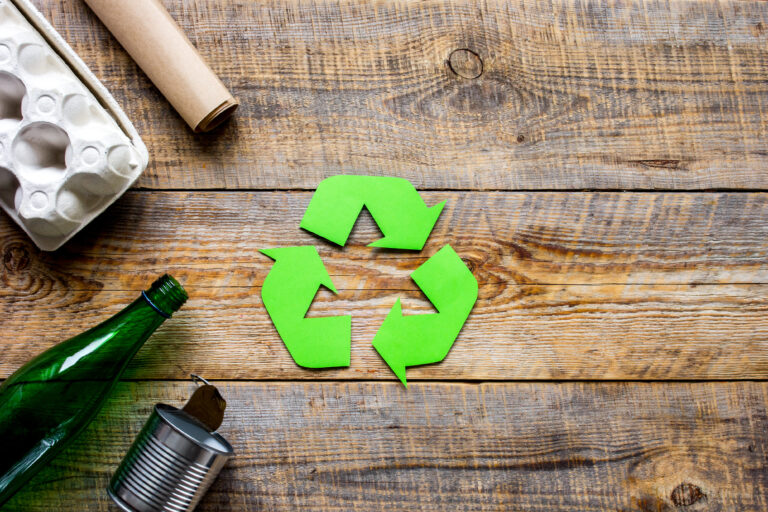As packaged goods circulate in ever-greater volumes, players in the packaging value circle are looking for novel ways to reduce waste, improve functionality and lessen the impact of packaging on the planet. The environmental aims of many big players in packaging, including many of Emerald’s limited partners (LPs), underpin these efforts. Innovation is constantly reshaping how makers and users of plastic, paper and other packaging materials tackle these challenges.
Coatings, adhesives, labels and inks constitute a relatively niche yet crucial link in the packaging value chain. They hold packages together and protect the contents from the elements. They provide vital information about what’s inside and serve as a conduit for branding and messaging. Accordingly, they are significant industries of their own: the packaging inks sector alone was worth about $30 billion in 2022, according to Smithers, a market-watcher.
Addressing waste, climate and health
Emerald’s unique “Sprints” service directly connects large corporates with cutting-edge startups to solve business challenges with innovation and ingenuity. Our most recent packaging Sprint, held last spring, focused on coatings, adhesives and inks and was organized by Fredric Petit and Neil Cameron, partners in our sustainable packaging innovation fund. The Sprint participants seized the opportunity to find solutions to thorny problems in packaging that consumers and regulators are clamoring for. A number of key considerations arose throughout the discussions, including:
-
Reducing waste:
The world produces over 2 billion metric tons of municipal solid waste each year, a figure that is expected to reach 3.4 billion metric tons by 2050, according to the World Bank. Much of this is empty packaging—the bottles, wrappers, boxes and more—that house all manner of goods. Deciding how to process this waste—including whether it can be recycled or composted—is an important consideration for companies up and down the packaging value chain.
Take our LP Beiersdorf. A major maker of skin-care products, it has committed to putting 100% of its products into packages that are recyclable, refillable or reusable by 2025. This is part of how the company intends to promote circularity, in which objects at the end of their first “incarnation” find new uses.

-
Reducing greenhouse gas emissions:
Packaging is associated with planet-warming emissions at every stage of the value chain, from production to disposal. Many of our LPs are looking for ways to cut the emissions from production in particular. Another LP, Henkel, which makes adhesives and personal-care products like soap, intends to slash emissions from its raw materials and packaging by 30% from 2017 levels by 2030.
This will take innovation, however, as fossil inputs like petrochemicals form the basis of many plastics and other commonly-used substances. Replacing these inputs with greener substitutes might require harnessing the inventions and know-how of startups working on organic polymers made from algae, for instance.

-
Reducing use of substances of concern:
Keeping water, oil and other contaminants out of packages is sometimes the job of PFAS, a type of coating that has come under scrutiny for potential unhealthy effects on people. Regulators are clamping down on use of PFAS, which can circulate throughout ecosystems for extended periods of time.
Few commercially viable alternatives exist to PFAS, however, making innovation in coatings a particularly pressing concern for many packaging players. The Ellen MacArthur Foundation, whose Global Commitment Emerald has signed onto, has placed PFAS on its problematic materials list that Commitment signatories should look to eliminate.

Collaboration to achieve hard goals
None of these goals will be easy to achieve, which is exactly why companies find value in the Sprints, leveraging the opportunity to learn from each other and from experts in the field. The curated introductions to relevant startups provide knowledge diffusion that can materially change the innovation and sustainability trajectory of participating organizations. Reach out today if you are interested in participating in a future Sprint.
